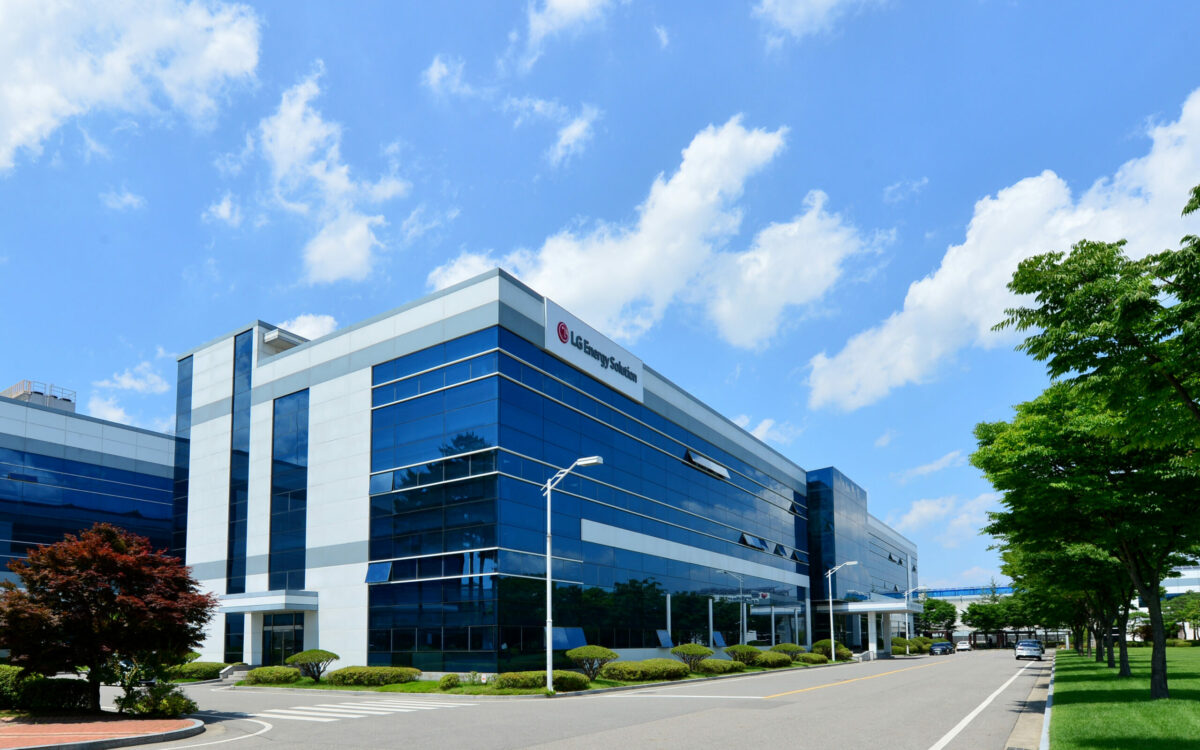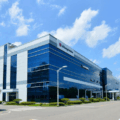LG Energy Solution announced a revamp of its business plans to take it beyond battery manufacturing and to more than double revenue by 2028.
It said in a statement on 9 October that it wanted to:
- expand non-EV businesses
- diversify product and customer portfolios
- build software and service businesses
- strengthen its leadership in battery technology.
It is the first corporate vision since 2020, when the company was set up. “The new vision underscores that the essence of LG Energy Solution’s business lies not merely in battery production, but in facilitating the energy circulation across the entire cycle from storage to movement of energy,” it said.
New five-year strategic goals:
- more than double revenue compared to 2023 (₩33.7 trillion/$25 billion), and achieve a mid-teen percent EBITDA margin (excluding IRA tax credit) by 2028
- increase the energy storage system (ESS) business five-fold and new application businesses with high growth potential
- expand its cylindrical battery customer portfolio to include traditional automakers leveraging its 46-series
- offer services including battery leasing, rental and recycling (Battery-as-a-Service); evolve its Energy-as-a-Service model
- secure leadership in next-generation battery technologies with more innovation
- produce anodeless battery products that exclude lithium anodes, and graphite-based anode products.
LGES also plans to accelerate the mass production of bipolar semi-solid batteries and low-cost high-power batteries with sulphur and sodium. Leveraging its dry electrode manufacturing process, the company will rapidly enhance its overall competitiveness in cost, energy density and production yield, it said.
It plans full-scale production of ESS cells in the US, set to start in 2025.
Separately, the Korea Economic Daily reported that LG Energy signed a contract with a Mercedes-Benz affiliate to supply 50.5GWh of batteries, enough for about 630,000 EVs, from January 2028 to December 2038, in North America and other markets.












